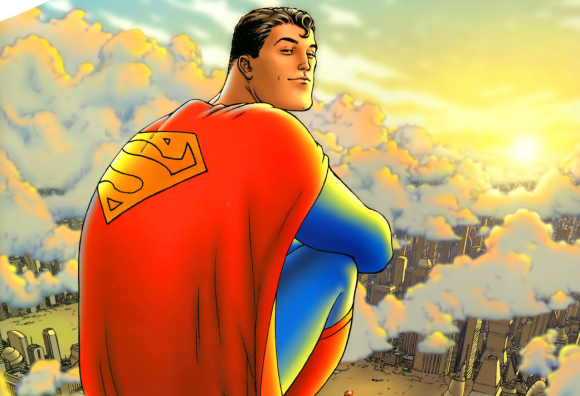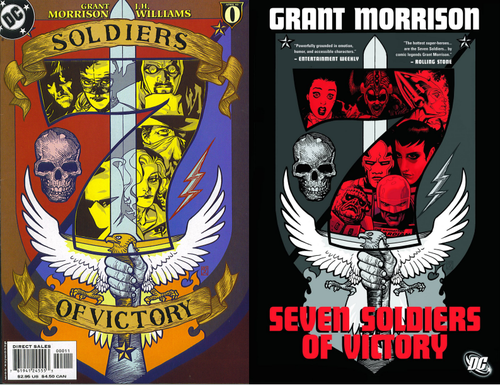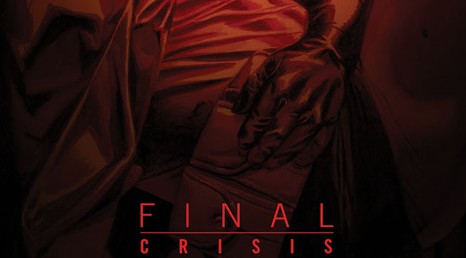“This is not the best song in the world, no/This is just a tribute” -Tenacious D
It’s weird trying to be critical in a real proper sense where you try to at least make an effort at divorcing yourself from your relationship to the material. But that’s what you have to do when it comes to picking apart things you’ve loved. I bought All-Star Superman in its twelve individual issues over the course of nearly three years (artist Frank Quitely is rather notorious for his deliberate pace) and adored it. I later purchased it in the two volumes of trade paperback that came out and later still, I finally managed to pick up one of DC’s “Absolute” editions—oversized, printed on lovely paper with some bonus material (sketches and the like) in lovingly-designed hardcovers with sturdy slipcases. I love this book from its first page (a four-panel, eight word origin of Superman) to the last. It was what it set out to be: a celebration of the most well-known elements of the Superman character all tied together with the creators’ ultimate expression of Superman as working-class sun god. I love how it brings in all these weird fragmented concepts together to do a kind of weird, rambling greatest hits collection, incorporating the best parts of a handful of iterations of the character across various continuities and wrapping it all up with Morrisonian high concepts and Frank Quitely’s amazing quasi-European superhero art.
But now, trying to figure out how it works, my opinion’s changed some and I realize that a lot of that change—as is a recurring theme when I go back and examine works by Grant Morrison—is due in large part to examining what’s literally there as opposed to what I was projecting onto the work.
Now, before we begin I want to say that where my opinion has changed, it’s nothing to do with Frank Quitely. Quitely’s art takes some getting used to, sure. The first few times I saw his bulky, bricky forms and his bizarrely squished faces back when he was working with Mark Millar on The Authority, I was repulsed. But then, over years of seeing his work crossing my eye in the books I was reading, I started to become more and more of a fan, particularly since despite the borderline ugliness of his figures is complimented by a gorgeous sense of dynamism, flow and life in each image and the flow of the storytelling is nearly unmatched in American cape comics. Again, the guy is deliberate in the pace of his output but there is, to my thinking, no arguing with the results.
Special credit, also, must be given to Jamie Grant’s colours. This is a fun, poppy book that overcomes my usual preference for flat colours in my cape comics; there’s something in the almost-embossed quality the colours often give to Quitely’s lines that just make everything seem to jump off the page, as if you could hang out in the world if only you were in the middle of some glorious fever dream or on the borderlands of some technicolour nirvana. The boldness, the glorious use of high-saturation primary colours come together to make what is easily one of the most glorious and joyful-to-behold books to hit the stands in ages.
Beyond the beauty of the book (and it is, again, beautiful), I have to come at All-Star Superman from three different levels, if only to keep the part of my brain which held… and, in spite of everything, still holds All-Star Superman in high regard somewhat satisfied. It’s strange to love a thing and be aware that, for the most part, it’s actually a very mediocre work. There’s some weird mental gymnastics that go on and I evaluate the whole thing first as a fan—not only of Superman but of Grant Morrison and Frank Quitely—then as a critic, then as someone who wants to tell stories himself, trying to figure out how it could have worked better.
And since those are the people I was when I re-read this, those are the three people who are going to discuss the book.


